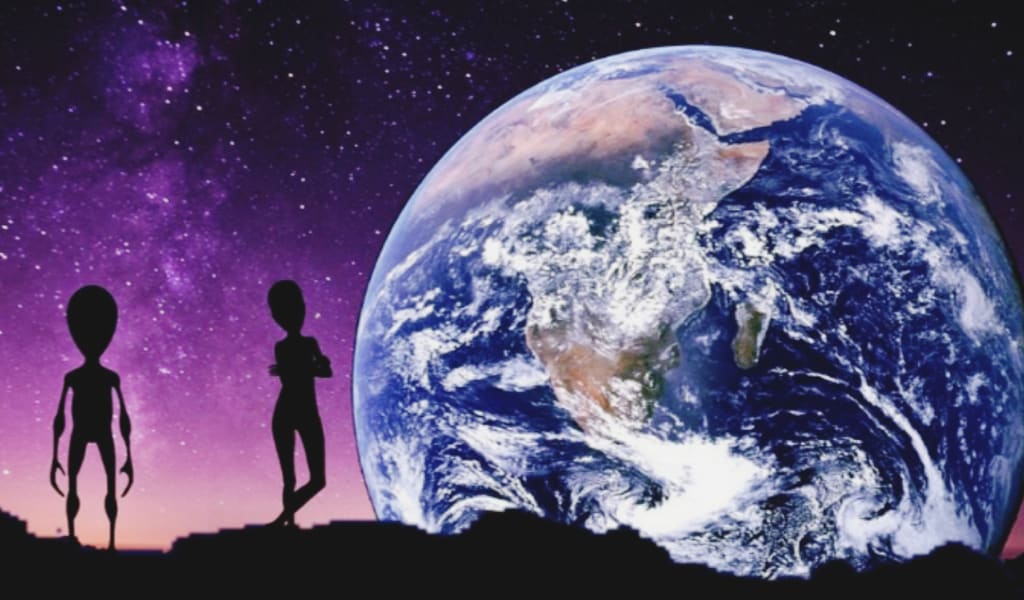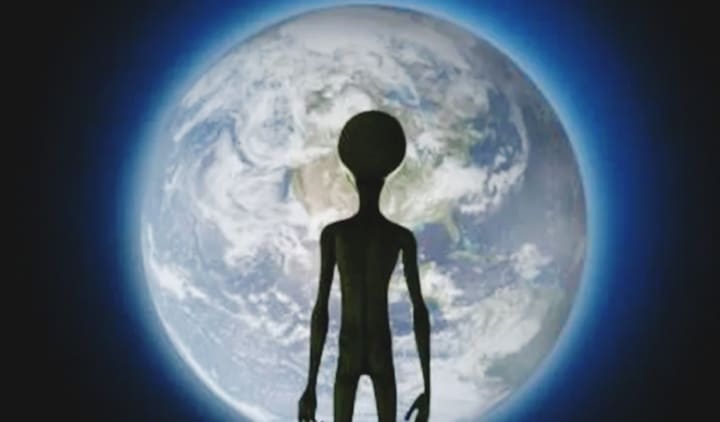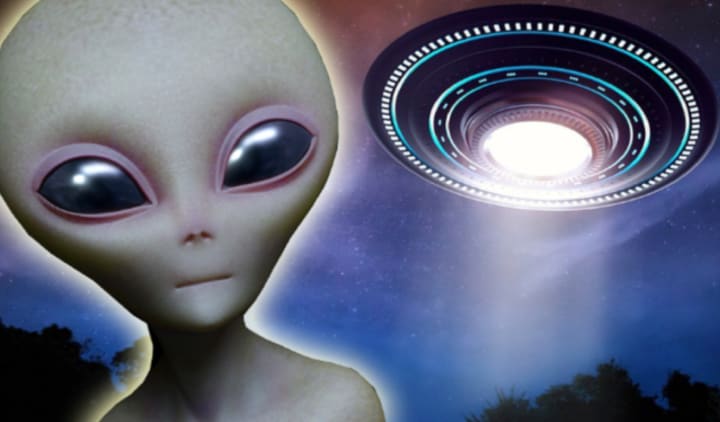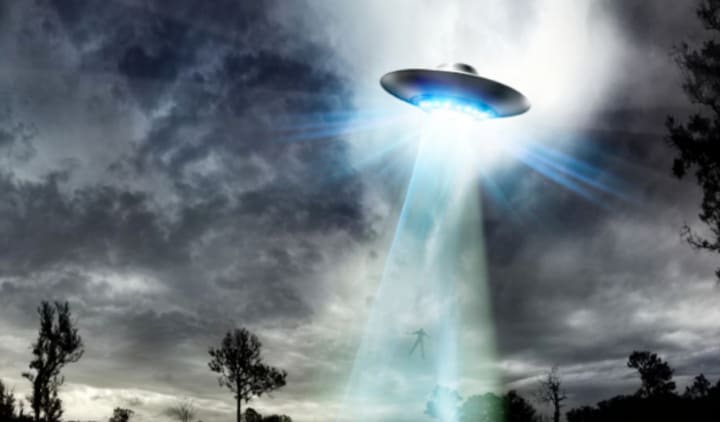
Introduction
The possibility of extraterrestrial life has been a topic of fascination and speculation for centuries. From science fiction novels to blockbuster movies, the idea of intelligent life existing beyond our planet has captivated the imagination of people all around the world. But, does the existence of aliens have any scientific basis? In this article, we'll explore the evidence for and against the existence of aliens.
What is an alien?

Before we dive into the possibility of aliens, it's important to define what we mean by "alien". An alien is any form of life that is not native to Earth. This could include anything from microbial life to advanced civilizations.
The search for aliens
The search for aliens is a scientific endeavor that has been pursued by astronomers and astrobiologists for decades. These scientists are looking for evidence of life beyond our planet, whether it be microbial life on Mars or intelligent civilizations in other star systems.

So far, the search for aliens has been inconclusive. However, the possibility of life beyond Earth remains an open question, and scientists continue to look for evidence of it.
The Fermi paradox
One of the most famous arguments against the existence of aliens is known as the Fermi paradox, named after physicist Enrico Fermi. The paradox states that, given the age and size of the universe, and the fact that there are billions of stars in our galaxy alone, there should be many opportunities for intelligent life to develop. Yet, we have not seen any evidence of it.

The Fermi paradox has been the subject of much debate and speculation. Some scientists argue that it may be due to the fact that advanced civilizations inevitably self-destruct before they can make contact with other civilizations. Others suggest that we simply haven't looked hard enough for evidence of aliens.
Evidence for aliens
While we have not yet found definitive evidence of aliens, there are some pieces of evidence that suggest they may exist. One of the most compelling is the discovery of exoplanets, or planets outside our solar system.
Since the first exoplanet was discovered in 1995, astronomers have found thousands more. Many of these planets are located in the habitable zone of their star, meaning they are at the right distance to potentially support liquid water and therefore life.

In addition to the search for exoplanets, there have been some intriguing signals that have been detected from deep space. For example, in 1977, a signal was detected that has since become known as the "Wow! signal". Although it has never been explained, some scientists believe it could be evidence of extraterrestrial communication.
Finally, it's worth noting that the universe is vast, and the conditions required for life to exist are not fully understood. It's possible that life could exist in forms that we don't yet understand, or in environments that we don't yet know how to detect.
Evidence against aliens

While there is some evidence that suggests the possibility of aliens, there are also a number of arguments against it. One of the most compelling is the lack of direct evidence for it. Despite decades of searching, we have not yet found any concrete evidence of aliens.
In addition, the conditions required for life to exist are extremely specific. For example, a planet must be at the right distance from its star to support liquid water, but not so close that it evaporates or so far away that it freezes. The planet must also have the right chemical composition and a stable environment.
Finally, even if life does exist on other planets, it may be very different from life on Earth. It's possible that the conditions required for life to exist are so specific that the only form of life that can exist is the one we know on Earth.
Conclusion
The question of whether aliens exist is one that has captured the imagination of people all around






Comments
There are no comments for this story
Be the first to respond and start the conversation.